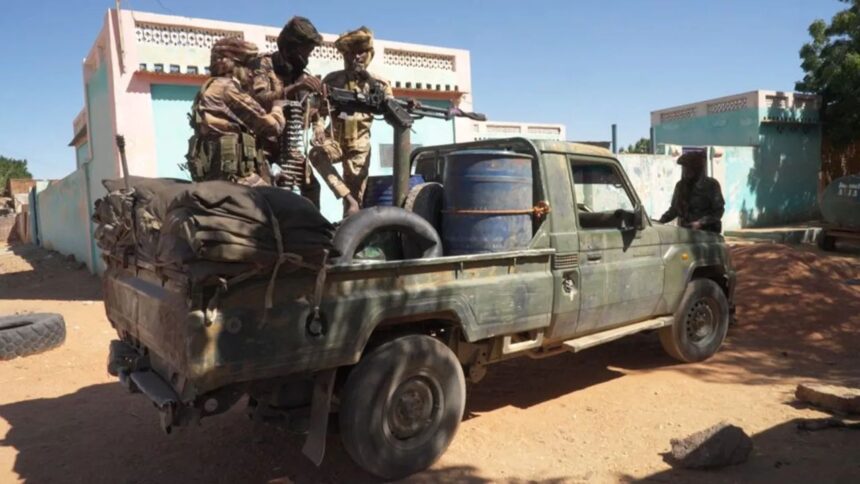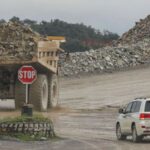Two years into Sudan’s brutal civil war, according to the new BBC investigation has offered a rare and harrowing glimpse into the daily lives of civilians trapped under siege in Darfur’s last military held city, thanks to smuggled phones used by young residents to document the chaos.
One of them is 21-year-old Hafiza, whose world changed forever in August 2024 when a shell struck the local market in el-Fasher, killing her mother. “She left no last words. She was dead when she was carried away,” Hafiza says quietly in a video message recorded on a BBC-supplied phone.
The death of her mother thrust Hafiza into the role of caretaker for her younger siblings, including a five-year-old brother and two teenage sisters. Their father had died before the war began, leaving her as the family’s only guardian in a city crippled by violence, hunger, and fear.
El-Fasher, the capital of North Darfur, has been under siege for a year by the Rapid Support Forces (RSF), a powerful paramilitary group once allied with the army before the two factions turned on each other in a deadly power struggle. Since then, both sides have been accused of war crimes and targeting civilians allegations they deny.
The city has been almost entirely cut off from the outside world, making it inaccessible to journalists and humanitarian aid. But through the BBC’s discreet delivery of phones, voices like Hafiza’s have broken through the silence. In her messages, she describes crying alone at night and reliving memories of her family in every corner of her home.
Despite her grief, Hafiza volunteers with local aid groups to support displaced people. She distributes water, blankets, and food at community shelters and assists with health campaigns earning just enough to survive. “I remember the places where my mother and siblings used to sit. I feel broken,” she says.
Another voice is that of 32-year-old Mostafa, whose videos often feature the sharp, deafening sounds of shelling. “We endure relentless artillery fire, both day and night,” he reports. His home near the city center was destroyed by shelling and then looted, leaving only rubble and loss behind.
While volunteering at a shelter, Mostafa filmed himself hiding from explosions. “There is no safe place in el-Fasher. Even refugee camps are being bombed,” he says. “Death can strike anyone, anytime by bullet, hunger, thirst, or shelling.”
Water shortages have pushed residents to drink from sewage-contaminated sources. Clean food and medical supplies are nearly impossible to find. In one message, 26-year-old Manahel, also part of the BBC project, says: “Every family is equal now there is no rich or poor. People can’t afford the basic necessities like food.”
The humanitarian crisis has deepened. The UN warns that famine is looming in el-Fasher, as it has already taken hold in the nearby Zamzam camp, home to more than 500,000 displaced people. Prices in the market are beyond reach, and movement is restricted by both fear and armed checkpoints.
This digital window into a city under siege offers the outside world a rare glimpse of the suffering endured by Sudanese civilians caught in a war that has displaced millions and drawn little international attention. As Hafiza, Mostafa, and Manahel continue to risk their lives to document reality, their courage is a stark reminder of a conflict that still rages in silence.







